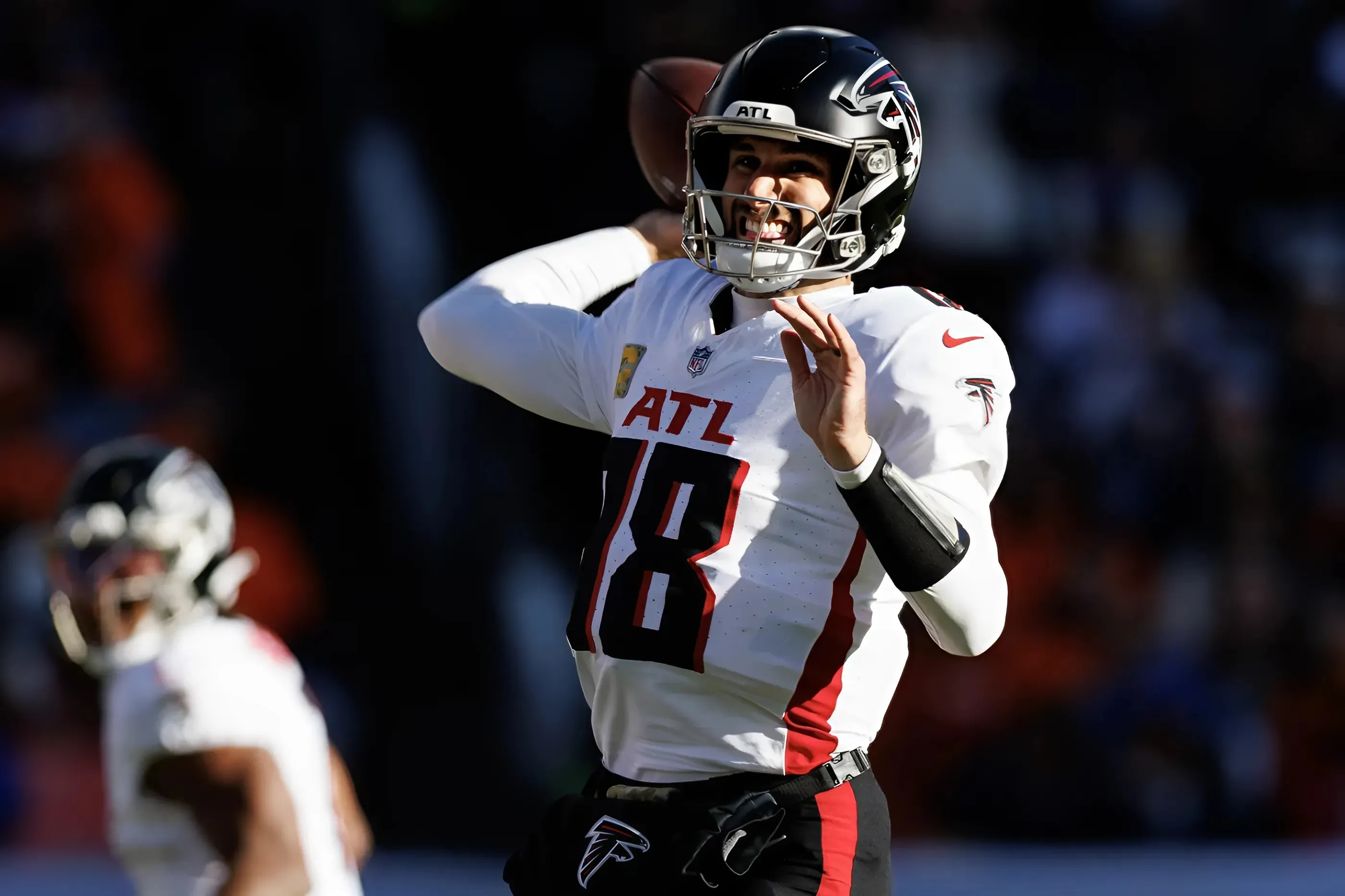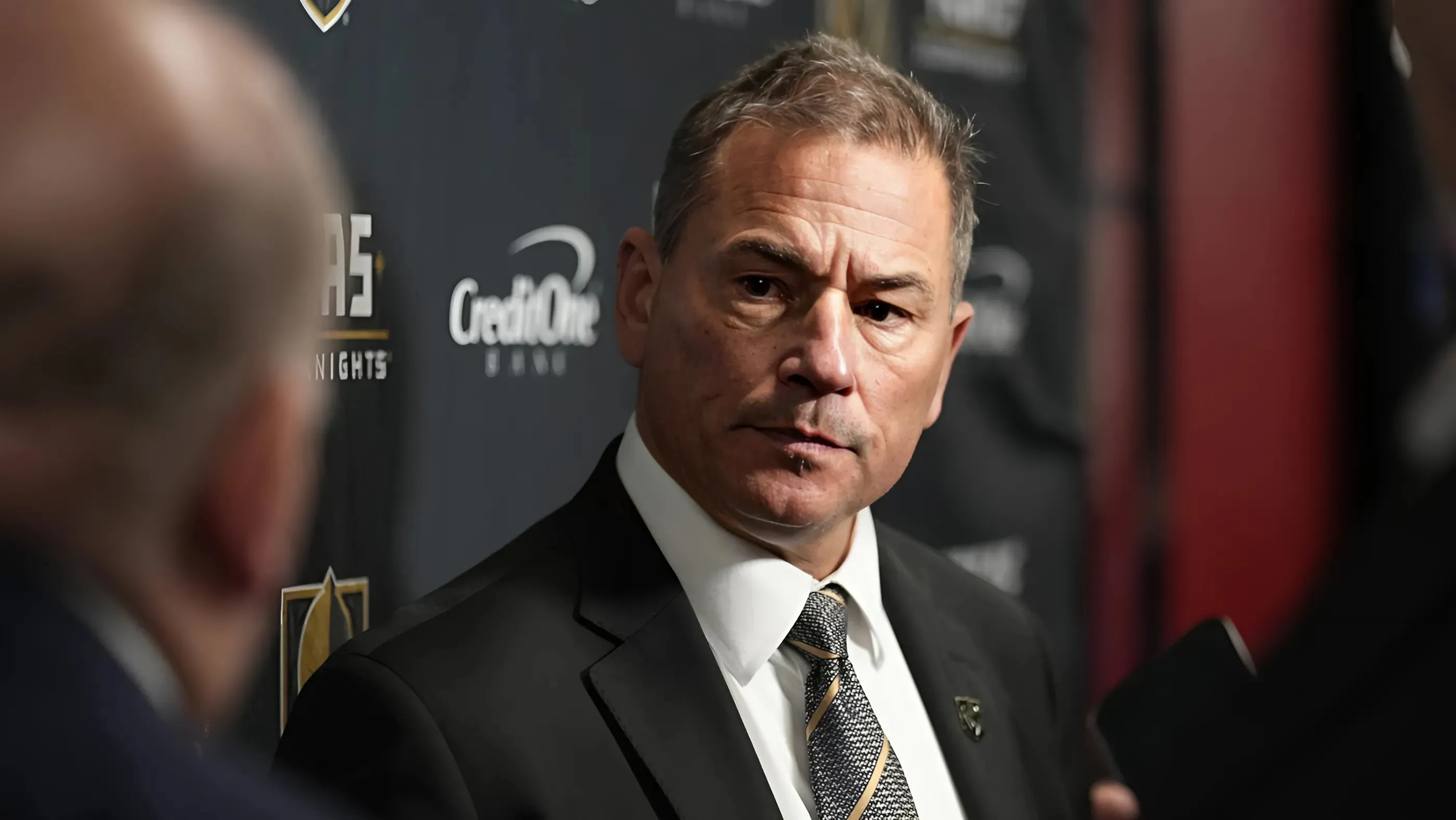The Boston Red Sox are in a position most Major League Baseball teams rarely find themselves.

Sep 23, 2024; Toronto, Ontario, CAN; Boston Red Sox designated hitter Tyler O'Neill (17) makes contact with the ball during the seventh inning against the Toronto Blue Jays at Rogers Centre. Mandatory Credit: John E. Sokolowski-Imagn Images John E. Sokolowski-Imagn Images
Coming off a mediocre season, Boston is desperate to return to the playoffs for the first time since 2021. But while one of their most obvious needs is right-handed power, they seem to be having a devil of a time deciding whether to bring back their best right-handed power hitter from this season.
Tyler O'Neill, the 29-year-old corner outfielder the Red Sox picked up via trade with the St. Louis Cardinals, clubbed 31 home runs in just 113 games to lead the team this year. Now, the Red Sox have to figure out whether he is worth the $21.05 million qualifying offer that would lock him in on a one-year deal to return to Boston.
Jen McCaffrey of The Athletic spelled out the case recently that the Red Sox should not tender O'Neill the qualifying offer, therefore exposing him to the open market without recouping draft compensation if he leaves.
"O’Neill powered the offense through prolonged stretches, but he also had immensely streaky stretches where strikeouts piled up. Meanwhile, he missed 49 games. His defense wasn’t on par with the Gold Gloves he won in 2020 and 2021," McCaffrey said.
"The Red Sox could look for right-handed power at another position with an already crowded outfield featuring Jarren Duran, Wilyer Abreu and Ceddanne Rafaela, and Roman Anthony and utilityman Kristian Campbell on the horizon."
McCaffrey laid out the case for both sides, but momentum seems to be building towards the Red Sox saying no to the qualifying offer. If they give it to him, they're essentially locking themselves in for another season of injury risks, strikeouts, and aging defense, while banking on the power remaining t
On the other hand, letting go of the player who led your team in home runs without putting up a fight feels like bad baseball karma. It's a silly explanation, and it also relies on the Red Sox making a bunch of other moves this winter in good faith, but it's an explanation, no less.

-1735981546-q80.webp)

